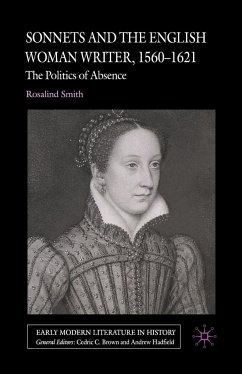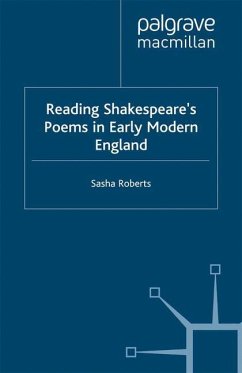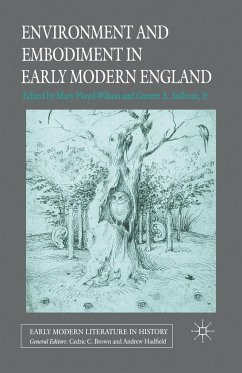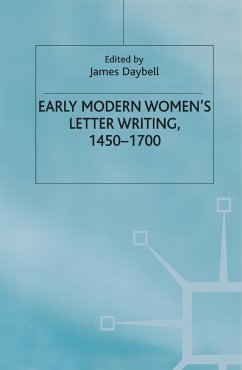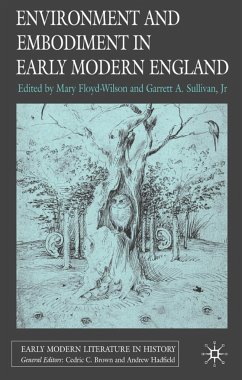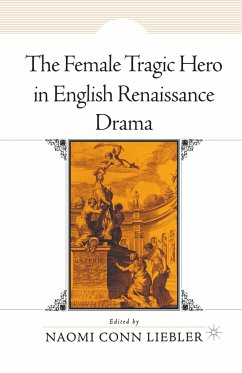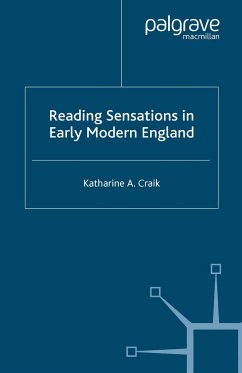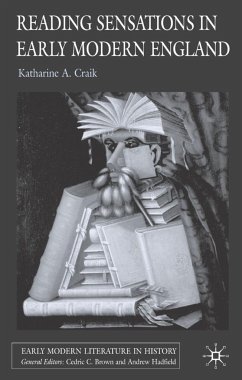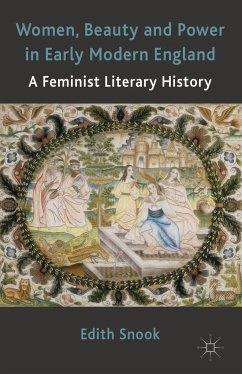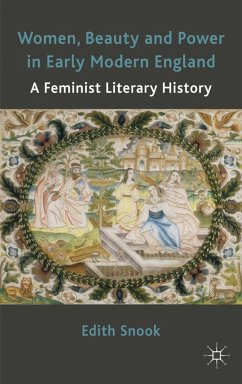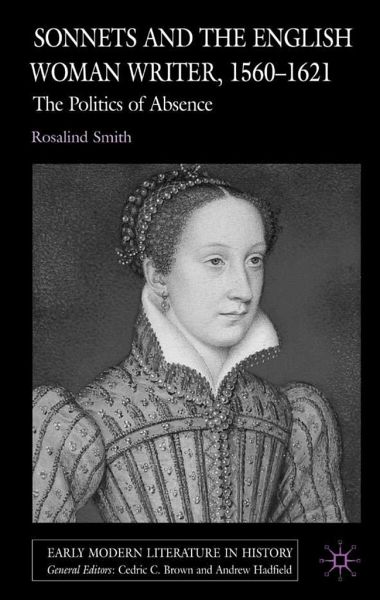
Sonnets and the English Woman Writer, 1560-1621
The Politics of Absence
Versandkostenfrei!
Versandfertig in 6-10 Tagen
38,99 €
inkl. MwSt.
Weitere Ausgaben:

PAYBACK Punkte
19 °P sammeln!
This study explores why women in the English Renaissance wrote so few sonnet sequences, in comparison with the traditions of Continental women writers and of English male authors. In this focus on a single genre, Rosalind Smith examines the relationship between gender and genre in the early modern period, and the critical assumptions currently underpinning questions of feminine agency within genre.





